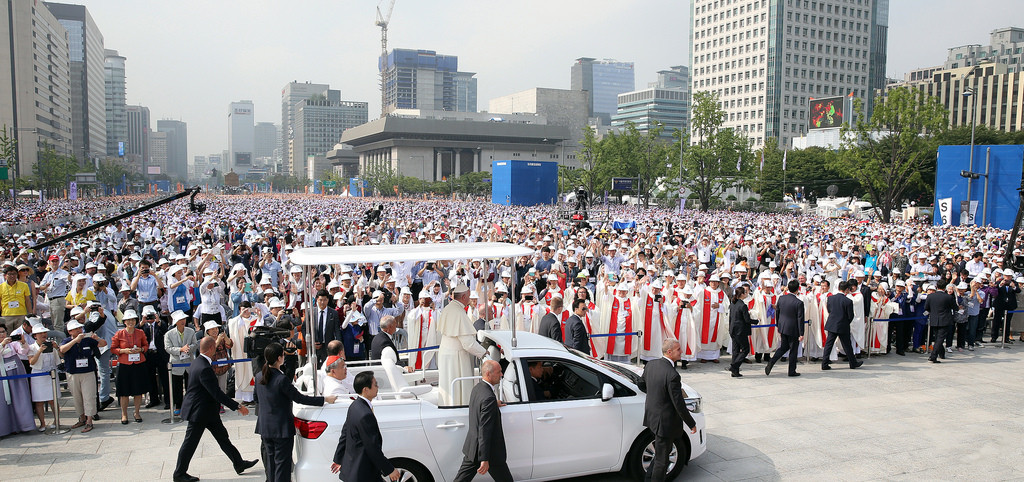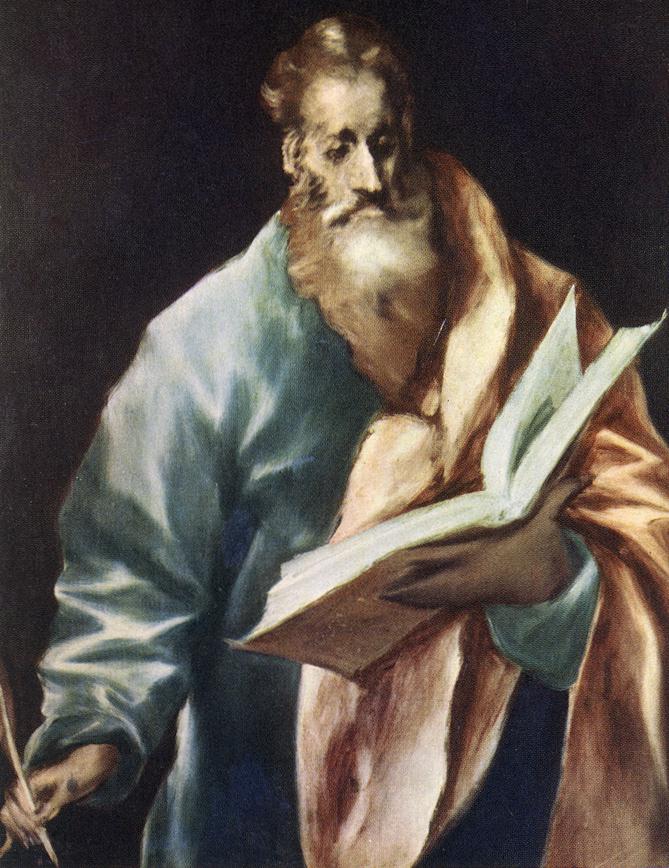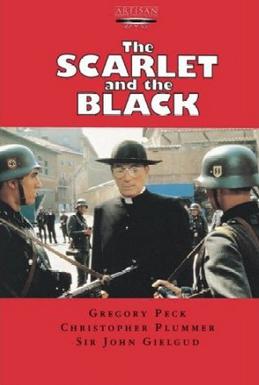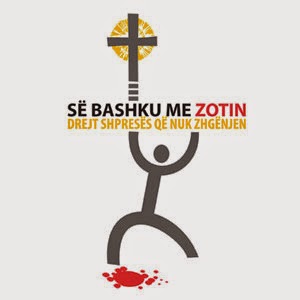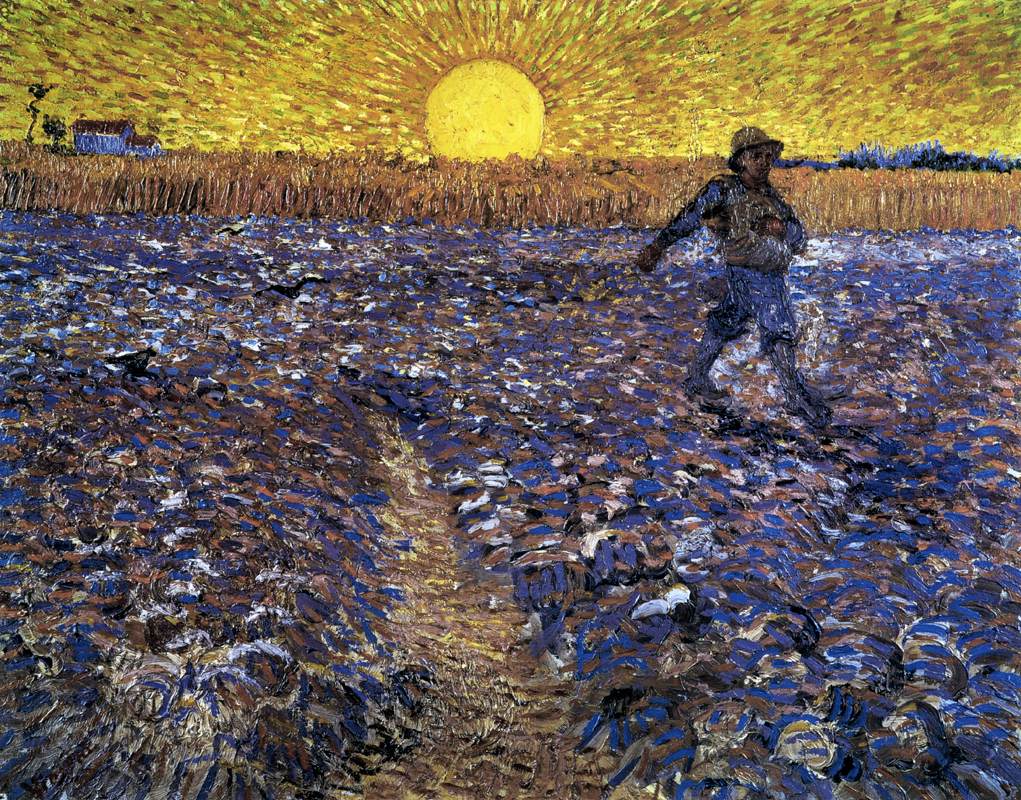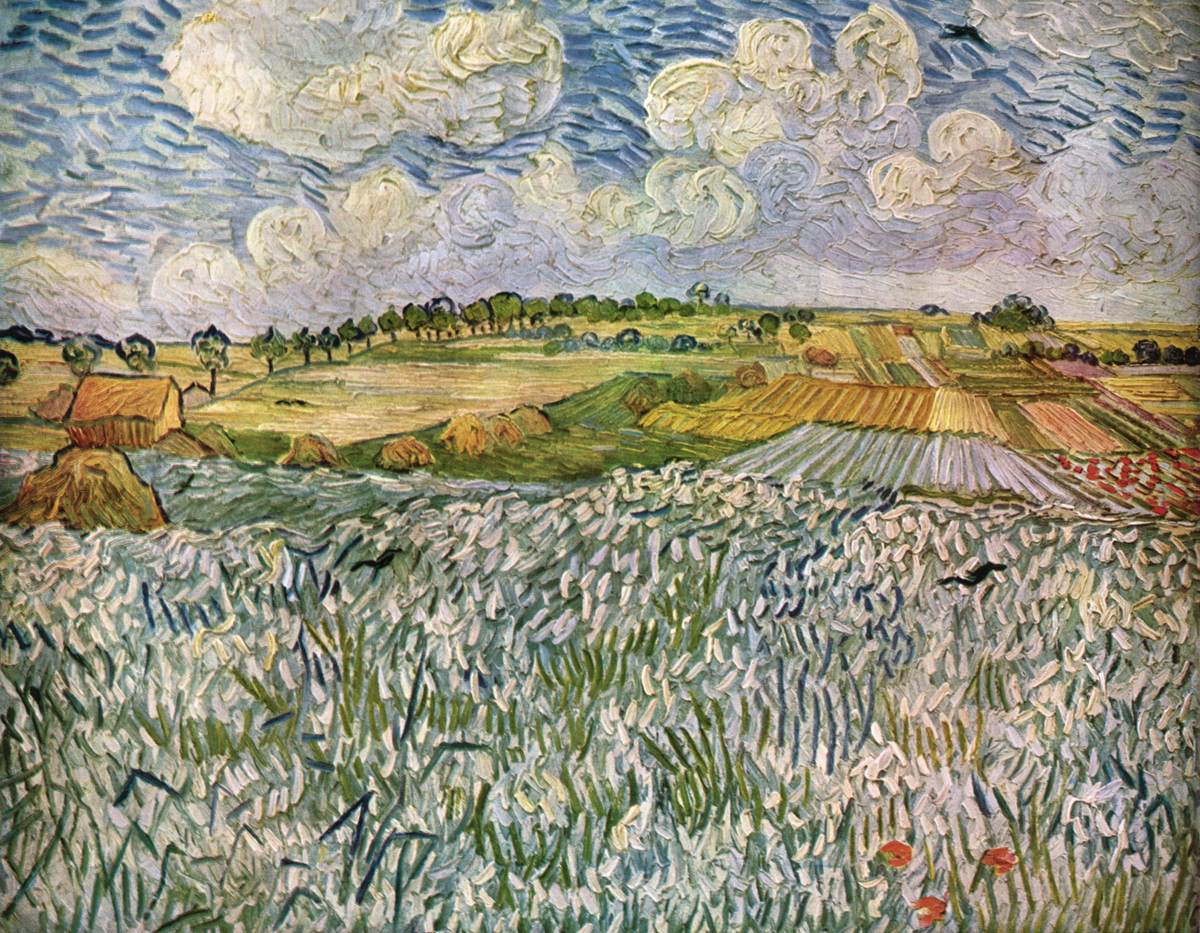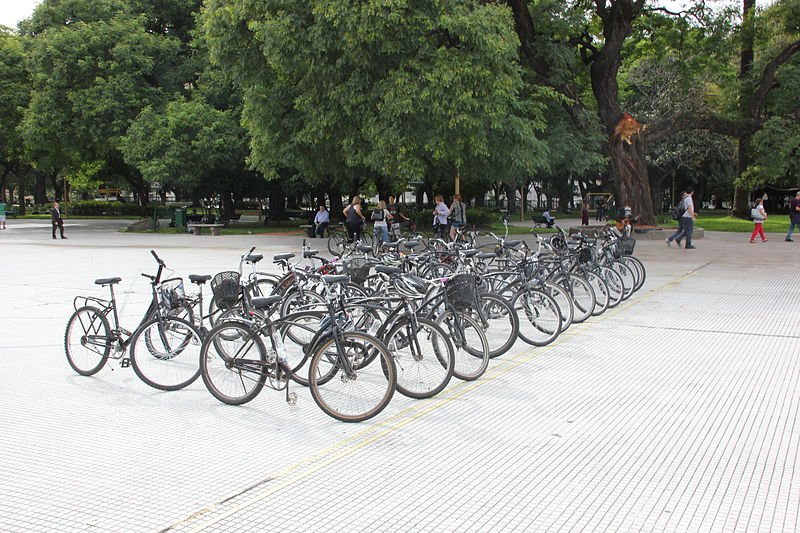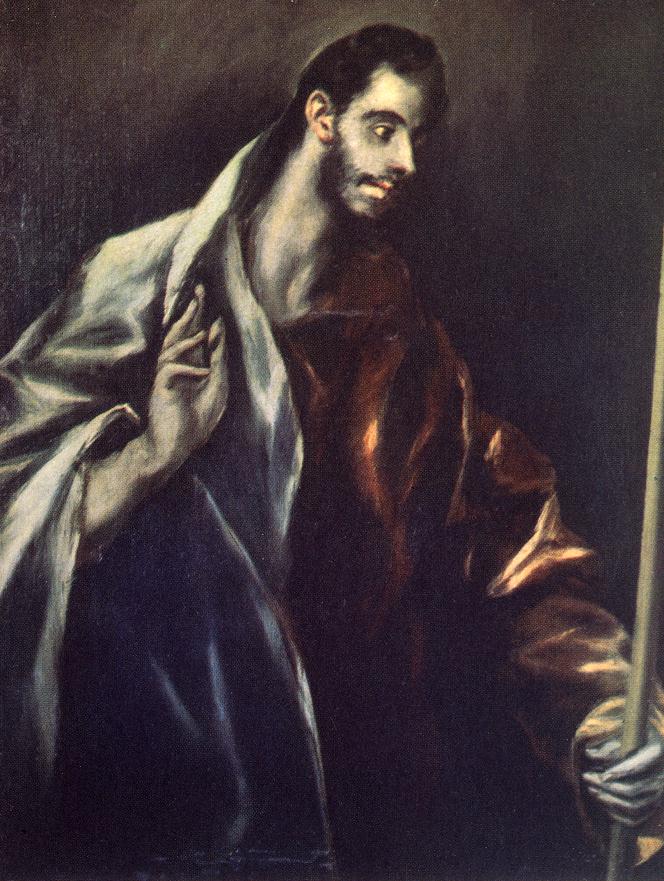‘By prayer and supplication with thanksgiving let your requests be made known to God.’ Sunday Reflections, 27th Sunday in Ordina
The Virgin of the Grapes, 1640s, Pierre Mignard
Musée du Louvre, Paris [Web Gallery of Art]
Winegrowers in France celebrated the Feast of the Nativity of Mary as the Feast of Our Lady of the Grape Harvest.
Readings (New American Bible: Philippines, USA)
Readings (Jerusalem Bible: Australia, England & Wales, India [optional], Ireland, New Zealand, Pakistan, Scotland, South Africa)
Gospel Matthew 21:33-43 (New Revised Standard Version, Catholic Edition: Canada)
Jesus said to the chief priest and the elders of the people: “Listen to another parable. There was a landowner who planted a vineyard, put a fence around it, dug a wine press in it, and built a watchtower. Then he leased it to tenants and went to another country. When the harvest time had come, he sent his slaves to the tenants to collect his produce. But the tenants seized his slaves and beat one, killed another, and stoned another. Again he sent other slaves, more than the first; and they treated them in the same way. Finally he sent his son to them, saying, ‘They will respect my son.’ But when the tenants saw the son, they said to themselves, ‘This is the heir; come, let us kill him and get his inheritance.’ So they seized him, threw him out of the vineyard, and killed him. Now when the owner of the vineyard comes, what will he do to those tenants?” They said to him, “He will put those wretches to a miserable death, and lease the vineyard to other tenants who will give him the produce at the harvest time.”Jesus said to them, “Have you never read in the scriptures:
‘The stone that the builders rejected
has become the cornerstone;
this was the Lord’s doing,
and it is amazing in our eyes’?
Therefore I tell you, the kingdom of God will be taken away from you and given to a people that produces the fruits of the kingdom.
First Reading, Isaiah 5:1-7 [Revised Standard Version]

The young Fr Edward Galvin in China
Just over a century ago the young Fr Edward Galvin of the Diocese of Cork, Ireland, was sent by his bishop to work for some years in the Diocese of Brooklyn, New York, because he had no place to put him. This was common at the time and many young Irish diocesan priests spent their early years on loan to English-speaking dioceses in other countries. While in Brooklyn Father Galvin found himself answering God’s call to go to China. This was to lead eventually to the formal founding of the Missionary Society of St Columban, to which I belong, in 1918 with Fr Galvin and Fr John Blowick, another young Irish diocesan priest, as the co-founders. Fr Galvin later became Bishop of Hanyang, China, and was expelled by the Communist authorities.
When I was growing up in Ireland people who were critical of the Church, sometimes with good reason, often used the term ‘priest-ridden’ to describe the country. Today there are parishes without priests and the average age of priests is over 60. In twenty years or so it could well happen that priests will be a relative rarity in the country.
When I was young almost every Catholic in Ireland went to Sunday Mass and the seminaries were full. Today only a minority take part in Sunday Mass, the seminaries have nearly all closed and only a handful or young men are preparing for ordination in the two or three that still remain open. More and more young people are choosing not to get married and not to have their children baptised.
In 1961, the year I entered the seminary, Ireland celebrated the 1,500th anniversary of the death of St Patrick, the Apostle of Ireland. Very few could have foreseen the falling away, not only from the Church, but from the Christian faith, within two generations.
St Paul tells us in the Second Reading today: Do not worry about anything, but in everything by prayer and supplication with thanksgiving let your requests be made known to God.
I sometimes get disheartened at the situation of the Church in my native land and in other Western countries. The First Reading and the Gospel remind us that many have rejected God’s love, God’s gift, especially the gift of faith. Through the Prophet Isaiah God poignantly asks, What more was there to do for my vineyard that I have not done in it? When I expected it to yield grapes, why did it yield wild grapes?
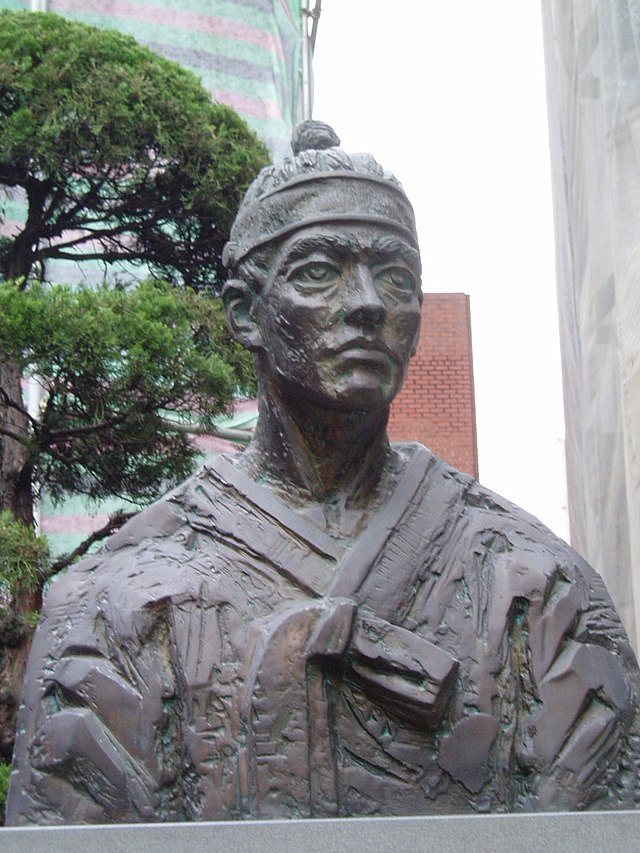
St Andrew Kim Daegon, Martyr, First Korean Priest
But in the readings the Lord is really asking us to see what he has given us, to treasure it and to pass it on. In his homily at the beatification of 124 martyrs in Korea on 16 August Pope Francis said: The victory of the martyrs, their witness to the power of God’s love, continues to bear fruit today in Korea, in the Church which received growth from their sacrifice. Our celebration of Blessed Paul and Companions provides us with the opportunity to return to the first moments, the infancy as it were, of the Church in Korea. It invites you, the Catholics of Korea, to remember the great things which God has wrought in this land and to treasure the legacy of faith and charity entrusted to you by your forebears.
The following day in the opening sentence in his homily at the concluding Mass of Asian Youth Day Pope Francis said, The glory of the martyrs shines upon you! These words – a part of the theme of the Sixth Asian Youth Day – console and strengthen us all. Young people of Asia: you are the heirs of a great testimony, a precious witness to Christ.
The Pope was reminding the young people, and all of us, of the legacy of the Christian faith that we have received.
The Bishop of Rome touched on this again on 21 September when he celebrated Mass in Mother Teresa Square, Tirana, very conscious of the persecution that had ended less than 30 years ago. He concluded his homily with these stirring words: To the Church which is alive in this land of Albania, I say ‘thank you’ for the example of fidelity to the Gospel. Do not forget the nest, your long history, or your trials. Do not forget the wounds, but also do not be vengeful. Go forward to work with hope for a great future. So many of the sons and daughters of Albania have suffered, even to the point of sacrificing their lives. May their witness sustain your steps today and tomorrow as you journey along the way of love, of freedom, of justice and, above all, of peace. So may it be.
The Lord is calling each of us today to look back with gratitude for the gift of faith we have received individually and as community so that we can live that faith fully in the present as we move in hope and love into the future.
But the readings also remind us of the reality that the precious gift of the Christian faith has been lost, not only by individuals but in large areas of the world such as North Africa not that long after the time of such giants as St Augustine.


